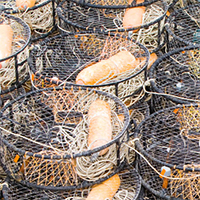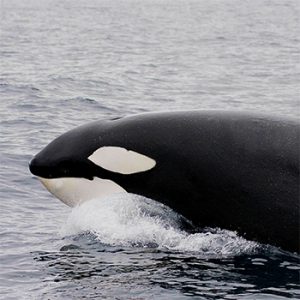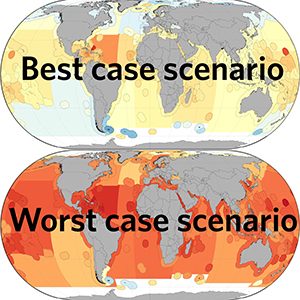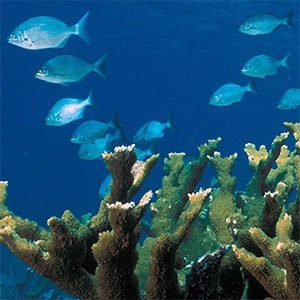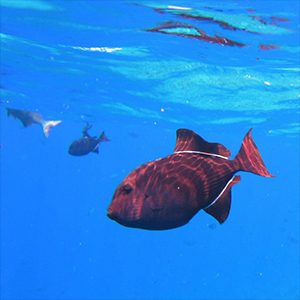Comprehensive global analysis shows a warmer ocean will hold fewer animals
For every degree Celsius (1.8 degrees Fahrenheit) that the world’s oceans warm, the total mass of sea animals is projected to drop by 5%.
Achieving Paris climate target could net additional billions in fisheries revenue
Achieving Agreement’s target could increase global fishers’ revenues by $4.6 billion annually.
William Cheung named member of the College of New Scholars, Artists and Scientists
Dr. Cheung is highly effective in helping local and international communities understand how their actions are affecting the oceans.
Climate change fuels accumulation of pollutants in Chinook salmon, killer whales
Southern resident killer whales that exist along the Pacific Northeast Coast eat Chinook salmon, and these two predators are impacted by increased pollutant bioaccumulation driven by climate change
Effective fisheries management can reduce extinction risk of marine fish stocks from climate change
“We can save hundreds of fish stocks from becoming endangered species with sustainable fisheries and low greenhouse gas emissions.”
Climate change has fish moving faster than regulations can keep up
Researchers say out-of-date regulatory system hasn’t kept up with the realities of global warming
Climate change to cause dramatic drop in Persian Gulf biodiversity and fisheries catch potential
Among the eight countries that comprise the Gulf, the UAE is expected to perform the worst, with a projected loss of 45 per cent of its catch potential.
Reefs help protect vulnerable Caribbean fish from climate change
Researchers predicted that changes in fish community could be reduced by 30 to 80 per cent with a doubling of reef area.
William Cheung wins Academic of the Year Award
Bestowed by CUFA BC, this award recognizes a specific and recent outstanding contribution to the community beyond the academic.
Some marine species more vulnerable to climate change than others
Species most at-risk include the Eastern Australian salmon, yellowbar angelfish, toli shad, sohal surgeonfish and spotted grouper.
